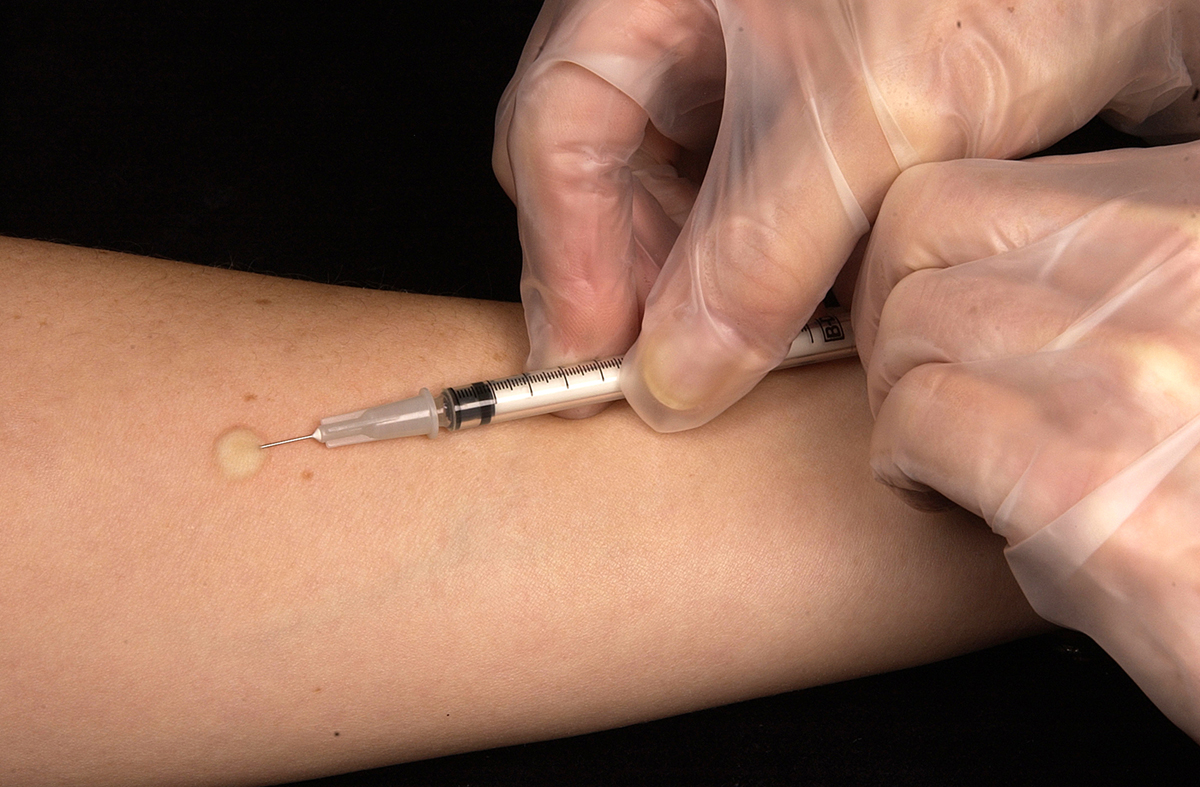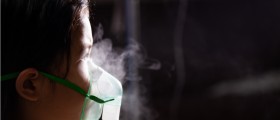
Schistosomiasis or bilharzia are both names signifying an infection triggered by parasites named schistosomes. These parasites are commonly found in contaminated water such as rivers or lakes.
Definition of Schistosomiasis
Basically, schistosomes are small worms which are grayish in color and are between 7 and 20 mm long. These organisms are capable of burrowing into the human skin, advancing into our internal organs, most commonly liver or kidneys, laying eggs there.
Depending on the length of the presence of the symptoms, schistosomiasis can be acute or chronic. Acute variant of this infection manifests through skin rashes, high body temperature and muscle pain. Chronic schistosomiasis, on the other hand, may manifest through severe weight loss, diarrhea and breathing complications.
Facts about Bilharzia
Bilharzia is mainly occurring in tropical and subtropical areas of the world. Therefore, all cases of bilharzia affecting European people have taken place after the victims have traveled abroad. Nevertheless, about 100 of people from England, Wales and Northern Ireland, suffer from this condition annually. As for the rest of the world, schistosomiasis is a parasitic disease taking the second place in frequency, right after malaria. Astonishingly, 200 million people around the world suffer from this condition, with 85% of victims being native to sub-Saharan Africa.
Additionally, bilharzia occurs in China, Brasil, Venezuela, the Middle East, Southeast Asia and the Caribbean, This infection is known to affect poor individuals, living in developing countries, lacking proper hygienic conditions and adequate sanitation, along with clean, fresh drinking water and the necessary medical assistance.
Treatment for Schistosomiasis
Praziquantel is a medication which kills this parasite and cures the infection. Since there are not vaccines developed for preventing this condition, people need to be very careful when traveling abroad. Namely, they should not swim in fresh water and should be careful about some other matters as well.
Due to the fact that medications are scarcely available in developing countries, this infection usually either takes lives of people or reappears after being treated.
All in all, be careful regarding the symptoms since acute bilharzia manifests through high temperature, headaches, joint and muscle aches, coughing and bloody diarrhea, as well as dark red, blotchy skin rashes, pain and general sense of being sick. If the infection is chronic, the symptoms may become more serious including, vomiting blood and the presence of blood in the urine, pain during urination, tiredness and bloody diarrhea.
Thus, seek immediate medical treatment if you experience these symptoms.

















Your thoughts on this
Loading...